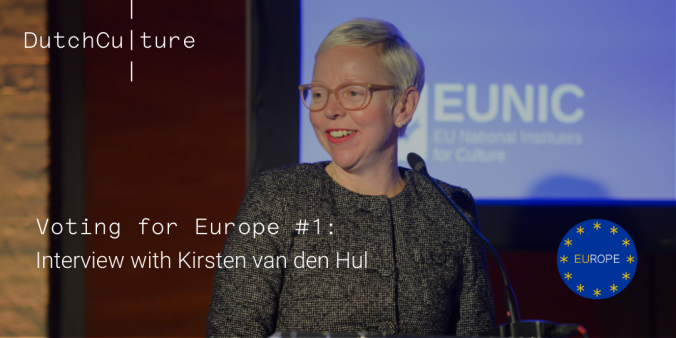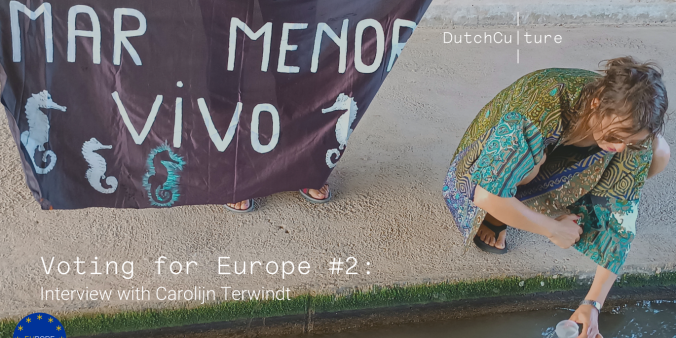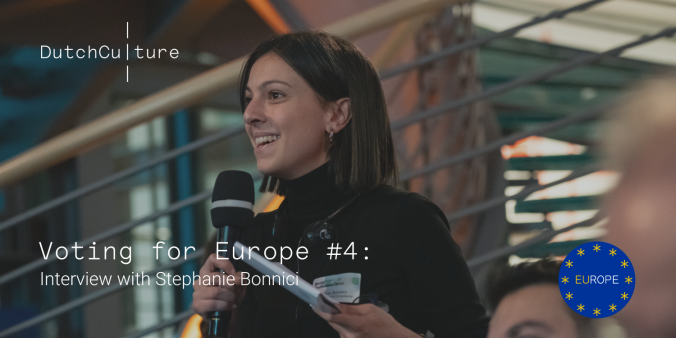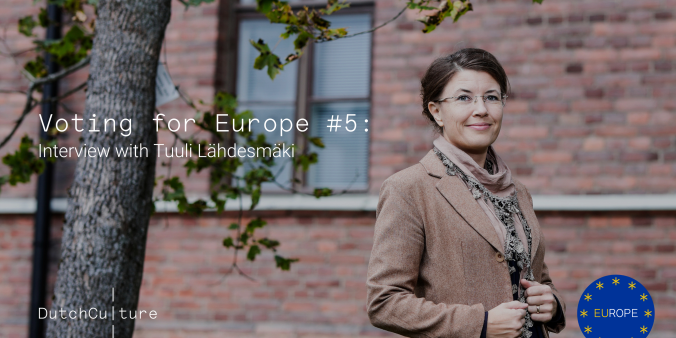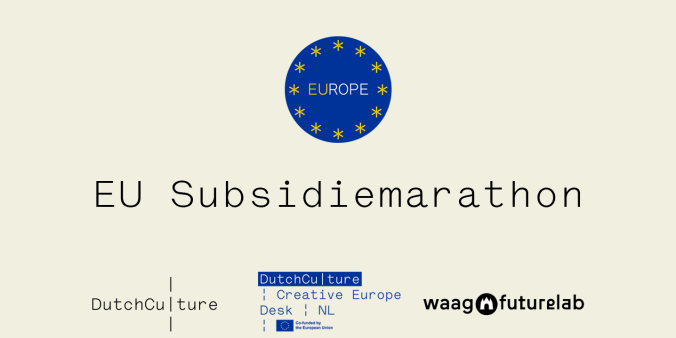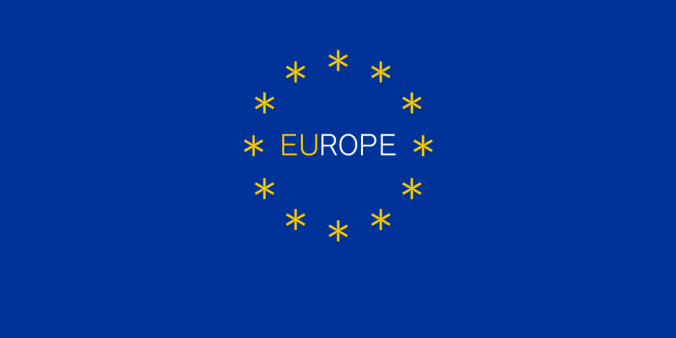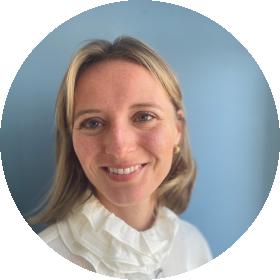
During the upcoming European Parliament Elections from 6 to 9 June this year, citizens from 27 EU countries will have the opportunity to cast their votes. It is a crucial moment for the future of Europe and our planet, and will also shape European cultural policies in the years to come. Fundamental values such as democracy, human rights and freedom of speech are at stake.
This has prompted us to reflect on the role of culture in fostering a united Europe. In this interview series, we are eager to learn from artists and a wide range of cultural professionals about what Europe and the EU mean to them personally and for their practice. Additionally, we explore how cultural exchange can contribute to a stronger shared European social and cultural space.
Herbert-Jan Hiep, publisher of the European Heritage Tribune, director of IVEM Heritage & Marketing and Next Generation Heritage Foundation
In this interview, we talk with Herbert-Jan Hiep, director of IVEM Heritage & Marketing, an organisation based in the Netherlands that participates in complex cultural cross-border development and communication projects in Europe and China. He is also the publisher of the European Heritage Tribune, an independent platform for news and knowledge about cultural heritage and building a large network for the heritage community. Recently, Herbert-Jan also initiated and trailblazed Next Generation Heritage, a new foundation supporting young heritage professionals in developing multidisciplinary projects and collaborations.
Do you perceive yourself as European, and if so, what does that mean to you?
“First I would respond that I am Dutch, as this is my cultural identity within the European dimension. But in a larger definition, I do identify as European, and I am very convinced and proud of the ‘European project’. Being and perceiving myself as European is expressed in my willingness and enthusiasm to actively contribute to different European projects, to help them move forward and towards success.”
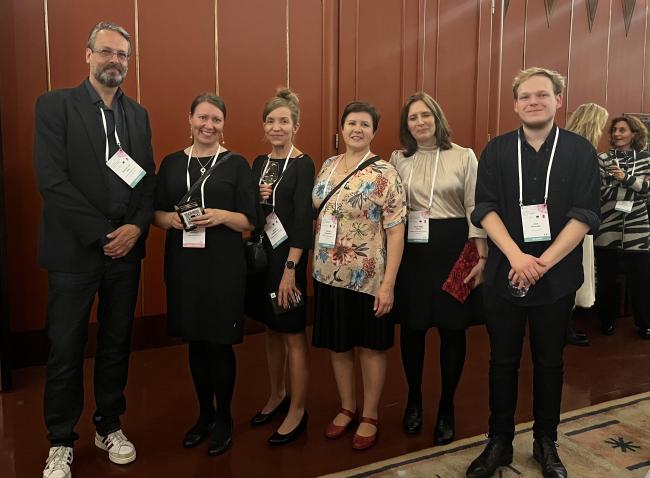
In the context of cultural collaboration, how important are the upcoming European elections in your opinion? What is at stake?
“There's a growing concern about the upcoming European elections: the increasing influence of conservative right-wing ideologies in the parliament. That is usually bad news for the cultural sector, as probably – as has happened in the Netherlands – the budget for culture will be slashed. Whereas I am not really sure if that means the same for the heritage sector. For example, in the Netherlands, when the right-wing party PVV was in charge for a while as part of a coalition, their programme diminished the budget for everything cultural that they considered a ‘left-wing hobby’, except for heritage. Why? Because national heritage often coincides with nationalistic values and identity. So, will this happen in Europe as well, even if heritage management in that sense is very much confined to single countries? We do not have a clear answer yet, but it this is how the cultural and heritage fields and collaborations could be affected.
However, I would like to add two considerations on this topic, as there are many lessons we can learn from a turbulent political landscape. The first is: ‘never waste a good crisis’. Let’s try to take advantage of both its upsides and its downsides. Learning from present mistakes can shake up people’s awareness and lead to better choices in the future. Second, when I was at the CHARTER - European Cultural Heritage Skills Alliance Conference in Paris last March, and the upcoming elections were mentioned, many participants expressed concern for a possible right-wing rise. For me, the bigger risk is not having a bigger influence of right-wing parties per se, but the movement towards greater polarisation. That would be a much worse outcome for Europe. And polarisation comes not only from the right-wing parties but also from opposite parties (currently the sitting majority) who classify everything right-wing as bad. So, we must be aware that the more you shout a blunt “no!”, the more it feeds polarisation. This behaviour is a big problem, and it is very hard to avoid. But it would be good to keep up a dialogue, to keep presenting arguments, while staying receptive to the viewpoints of others. Deal with it and try to take advantage of it. If we are to advance the European project, we must also engage with the more conservative-leaning segments of Europe.”
Can you tell me about a project that you have in relation to European collaboration? How has participation in this project impacted you or your organisation?
“In the last five years, I have been involved in several European projects that were both challenging and inspiring. One I am very excited about is the collaboration with ESACH, the European Student Association for Cultural Heritage. Together with the European Heritage Tribune and Europa Nostra, they set up a programme for youth ambassadors. We select and invite ten to twenty ambassadors among heritage students and young professionals each year, who are given the opportunity to be involved in different heritage projects, organisations, and events all over Europe. Overall, we created a strong network of both formal and informal connections. In my opinion, in order to build effective cooperation on all levels the most important thing is to bring people together and create strong bonds between them. With new generations this is very easy, as young people are generally internationally connected and enthusiastic about travelling.
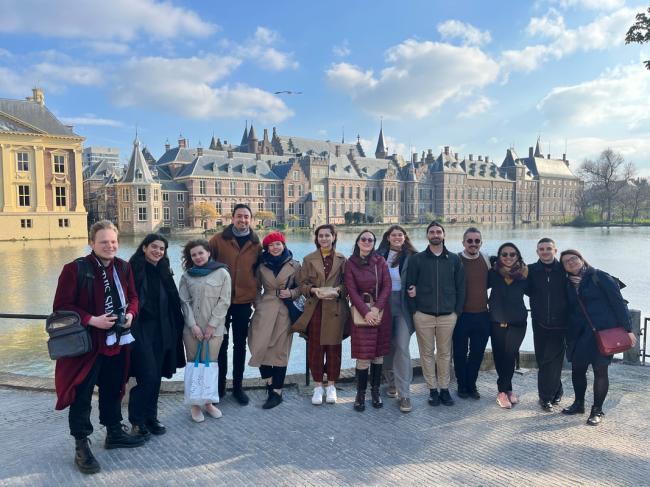
I was very happy last year to be directly involved in this project’s activities, as the European Heritage Tribune invited the ambassadors to make a trip to the Netherlands. We visited different companies and organisations, and discussed career opportunities in heritage. For young people from countries like Spain, Italy or Portugal, it is not always easy to get a job in the heritage sector, so I hope this programme will be helpful to them. Personally, I find it a great source of energy to work with people from new generations, think outside the box, build new structures, and create progress in Europe. This was exactly why I created the Next Generation Heritage Foundation, which aims to put the needs and rights of young people on the agenda of policymakers and organisers.”
What challenges and opportunities do you see for European cultural collaboration and how do you think they can be tackled?
“The first thing that comes to my mind is funding. The European Union has developed great programmes like the Creative Europe programme, the Erasmus programme, etc. However, as an entrepreneur in the field of cultural heritage, I observe that we are minimally involved in these funded projects. They are often dominated by institutional organisations, and entrepreneurs are usually only hired as subcontractors. More participation would add a richer perspective and could be beneficial to the outcomes and futures of these projects.
Other challenges relate to the objectives and results of European funded projects. These often seem pre-defined, which in my opinion leaves little space for real innovation. While developing a cultural project, new insights emerge and certain elements can potentially change the entire project’s course and results. But when strict pre-defined objectives are set, that strongly affects creativity. Therefore, I think that European policymakers should advise to invest more in projects that explore innovation and open-ended development, even though they present a greater financial risk."
Do you have a message for the European people, for policymakers, MEPs, or other decision-makers about the importance of supporting and prioritising European cultural collaboration?
“My main message is that to support and prioritise European cultural collaboration we need understanding and awareness of Europe’s cultural diversity. Exploring Europe’s wealth of cultures will help to find common ground and create unity. From my experience with the European Heritage Tribune, I have noticed that people in country A might not be exactly interested in, for example, the preservation of a specific heritage site in country B because they don’t have any connection with it. Thus, it is important to talk about cultural heritage in a ‘European sense’ and create these connections. And that is possible thanks to the role that culture has in bringing people together. The cultural field allows professionals to look across geographical borders, learn about other people, and get to know their culture and history.
That brings me to my message for policymakers: while equality among all participating European countries is a commendable principle in funding (heritage) projects and programmes, it too often results in a crippling overdose of accountability that reduces the effectiveness of projects to a level that should make us think twice.''
What are your next steps in terms of European cultural collaboration ahead of the elections?
”With the European Heritage Tribune, I would like to gather different perspectives on the European elections, together with our editors and correspondents of course. Our plan is to show what the different parties across the whole political spectrum want to do and comment on their cultural heritage perspective.
Another more long-term European commitment will be developing the Next Generation Heritage Foundation, advocating for the interests of young professionals, facilitating their entry into the job market, and promoting entrepreneurship in the cultural heritage field.”
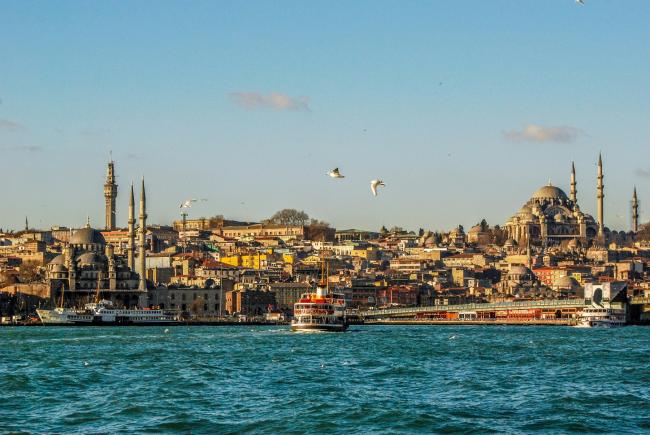
Do you have any European “cultural favourites”?
“My European cultural favourite is, of course, the European Heritage Tribune! I recommend it to everyone actively involved and interested in European topics and cultural heritage. Through the European Heritage Tribune, you can find and share news and opinions on everything interesting in the heritage sector.
Another thing that comes to my mind is a city: Istanbul. Why Istanbul? Because it played an important role in European history, influencing trade, culture, and geopolitics across Europe. Compared to other European cities it has a unique international dimension. I have been there many times, and ran into people from every culture, making me feel how big the world is. Being there as a European, you are no better or more important than as a Kazak or a Russian, which is a sobering experience. It makes you re-evaluate your role as a global citizen and diminishes any Eurocentric perspective - another key factor for good cultural collaboration, both within Europe and across its borders.”
Europe & DutchCulture
DutchCulture is connected to Europe in a number of ways. We work closely with the Dutch embassies in 24 focal countries worldwide, including nine in Europe. We establish collaborations with these countries in the field of culture and cultural heritage. With our Europe + Heritage programme, Dutch heritage professionals are stimulated and enabled to set up European heritage knowledge exchanges. We offer advice on the Creative Europe programmes and seek to shape the future of cultural relations through the EUNIC network.
During the European Parliament Elections held from 6 to 9 June this year, citizens from 27 EU countries will have the opportunity to cast their votes. It is a crucial moment for the future of Europe and our planet, and will also shape European cultural policies in the years to come. Fundamental values such as democracy, human rights and freedom of speech are at stake.
It prompts us to reflect on the role of culture in fostering a united Europe. In this series of interviews, we are eager to learn from artists and a wide range of cultural professionals about what Europe and the EU mean to them personally and for their practice. Additionally, we explore how cultural exchange can contribute to a stronger shared European cultural space.

